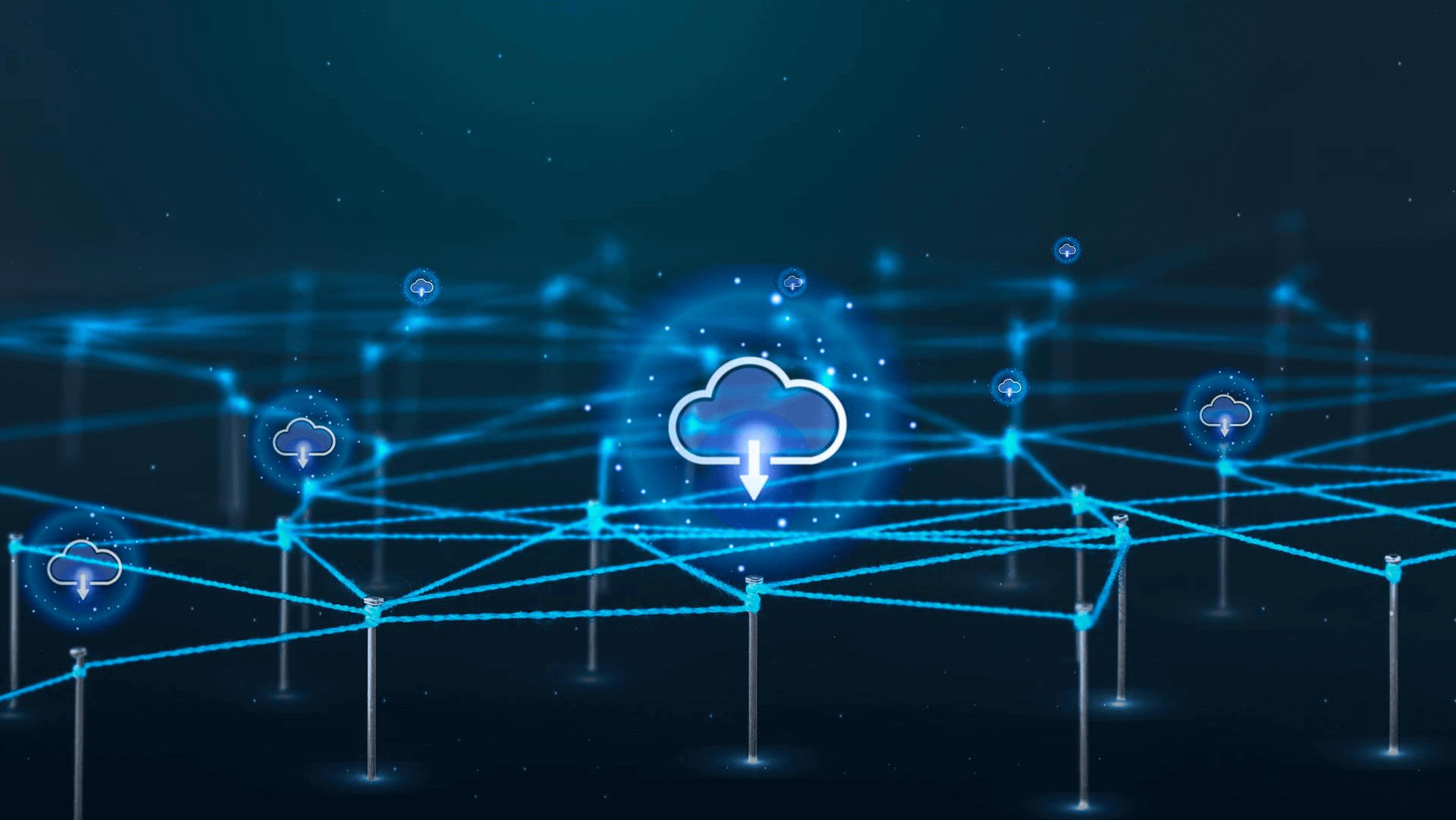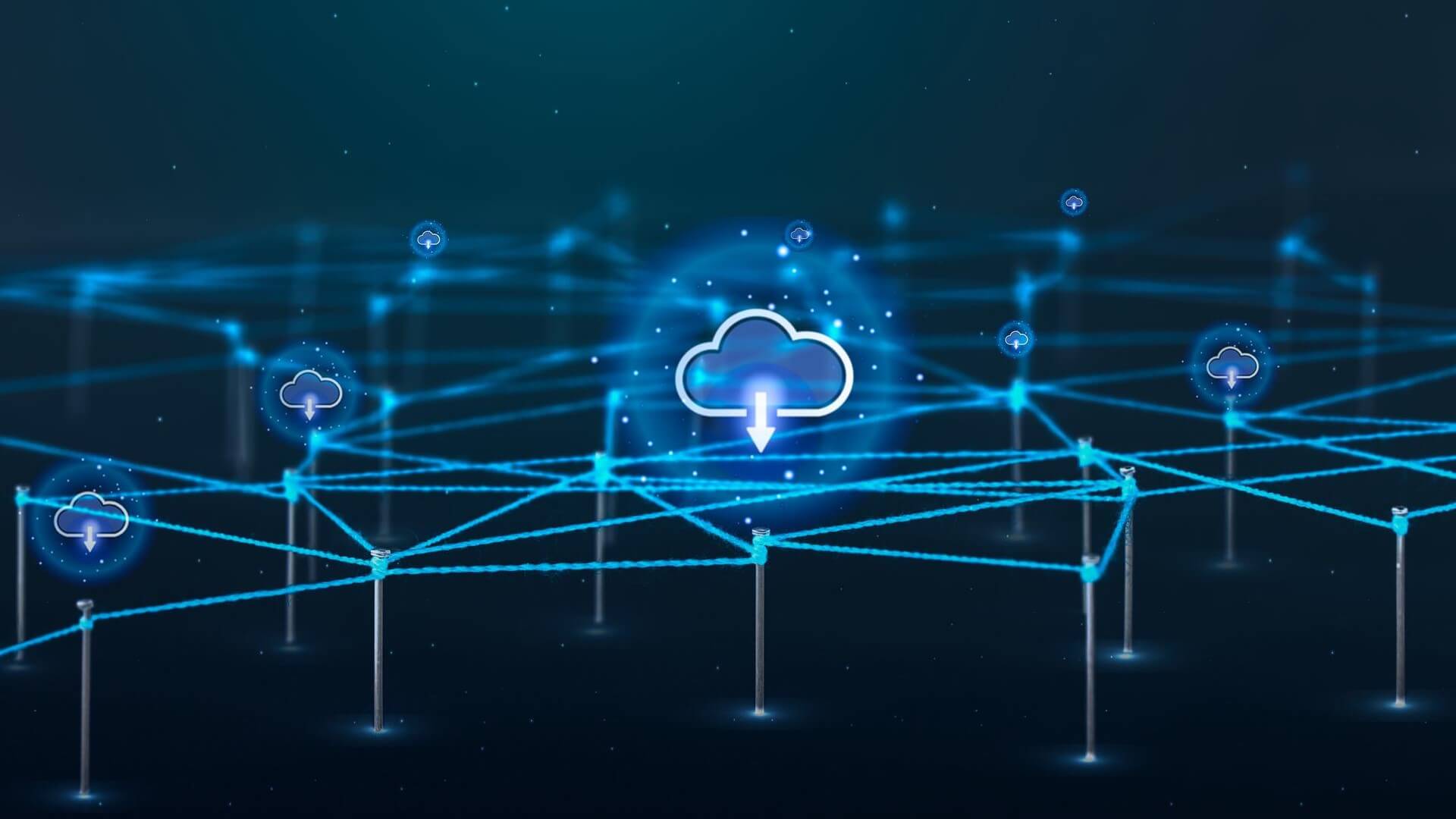Cloud computing offers different service models, including Infrastructure as a Service (IaaS), Platform as a Service (PaaS), and Software as a Service (SaaS)
CLO
Cloud computing is technically a data service center architected by virtualization technology to realize resourcefulness of storage, computing, memory, network, etc. and dynamic allocation according to user needs.
Nowadays, enterprises are more and more inclined to take data as the driving force, because their data is the driving force for their development engine to create new products, surpass competitors and provide customers with better experience. Therefore, big data management and processing for different partners (such as data analysts, data engineers, and data operating companies) should be fast, automated, and scalable.
Cloud technology is a way of sharing computing resources connected through the Internet. These resources include computers, storage devices, network devices, and applications.
As enterprise IT operations are gradually going to the cloud locally, they begin to look for security access control methods to introduce cloud operations from internal data centers. Cloud Access Security Proxy (CASB) is such a tool. This article will take you to study CASB and explain its origin and evolution.
Enterprises are looking for multi-cloud networking capabilities, including programmability, security integration and end-to-end visibility.
The NASSCOM-EY survey revealed that 78% of Indian IT companies, 53% of healthcare and BFSI companies and 49% of pharma companies have migrated to the cloud after 2019.
The most basic definition of cloud computing is distributed computing, for huge data processing we give up using the original computing processing mode of individual terminals, but through the network cloud terminal to break down all the data into countless small computing steps.
Cloud computing is having an increasingly profound impact on the sports industry. People can use cloud computing to analyze and process large amounts of data, which in turn can improve the way athletes train and live.
As more and more enterprises transfer their business to the cloud platform, it is crucial to understand the most common and dangerous cloud security risks and how to maintain protection.










